Nearly four months after the ousting of 24-year President Bashar al-Assad, Syria has announced a new government, kickstarting a five-year transitional period that aims to restore stability and peace to a country that has endured more than a decade of war.
Syria’s new transitional government was officially sworn in on Saturday, nearly four months after the ousting of the Assad family, as the new authorities in Damascus work to restore stability to the war-ravaged nation.
The 23-member cabinet, which reflects a mix of religious and ethnic backgrounds, is the first government formed in the country’s five-year transitional phase, replacing the interim government set up immediately following Bashar al-Assad's removal from power in early December.
Notably, the cabinet lacks a prime minister, instead, under the temporary constitution endorsed by interim President Ahmad al-Sharaa earlier this month, a secretary general will lead the government.
Announced just before Eid-al-Fitr — the celebration that concludes the Muslim holy month of Ramadan which begins in Syria on Monday — the new government features several fresh faces, apart from the ministers of foreign affairs and defence who maintained their posts. Anas Khattab, the new Interior Minister, previously headed the intelligence department.
“The formation of a new government today is a declaration of our joint will to build a new state,” said al-Sharaa highlighting the significance of the new government.
Defence Minister Murhaf Abu Qasra said his primary objective was to develop a professional army “from the people and for the people.”
The cabinet does not include representatives from the US-backed and Kurdish-led Syrian Democratic Forces (SDF) or the autonomous civil administration in northeast Syria. Earlier this month in Damascus, al-Sharaa and SDF commander Mazloum Abdi reached a landmark agreement on a nationwide ceasefire and the integration of the US-backed forces into the Syrian army.
Among the newly appointed ministers announced late on Saturday was Hind Kabawat, a Christian activist who has opposed al-Assad since the conflict began in March 2011, appointed as the minister of social affairs and labour.
Raed Saleh, who has led the Syrian Civil Defence, commonly known as the White Helmets, was designated as the minister for emergency disasters. Additionally, Mohammed Terko, a Syrian Kurd based in Damascus, was appointed as the minister of education.
Mohammed al-Bashir, who has served as the head of Syria’s interim government since the fall of Assad, was named the minister of energy, tasked with revitalising the electricity and oil sectors, which were heavily impacted during the conflict.
The primary mission of the new government is to work towards ending the war and restore stability to a country that recently experienced clashes and retaliatory violence in the coastal region.
This violence resulted in the deaths of over 1,000 people, the majority of whom were Alawites, and loyalists of al-Assad, who belonged to the minority group himself.
Most of the insurgent groups currently governing Syria are predominantly Sunni, yet the inclusion of individuals from minority sects — a woman and an Alawite — signals a deliberate message of change from al-Sharaa to Western nations, who’ve been advocating for the involvement of women and minorities in Syria’s political landscape.
The formation of this religiously varied government appears to be an attempt to persuade Western countries to reconsider the harsh economic sanctions that have been in place against al-Assad for over a decade.
According to the United Nations, approximately 90% of the Syrian population lives below the poverty line, and millions are experiencing reductions in food aid due to the ongoing conflict.
Just hours before the government’s announcement, the US State Department issued a warning to American citizens regarding an elevated risk of attacks during the Eid-al-Fitr holiday.
The statement indicated that such attacks could potentially target embassies, international organisations and public institutions in Damascus, with threats possibly arising from lone actors, armed groups, or the use of explosive devices.

 2 days ago
4
2 days ago
4
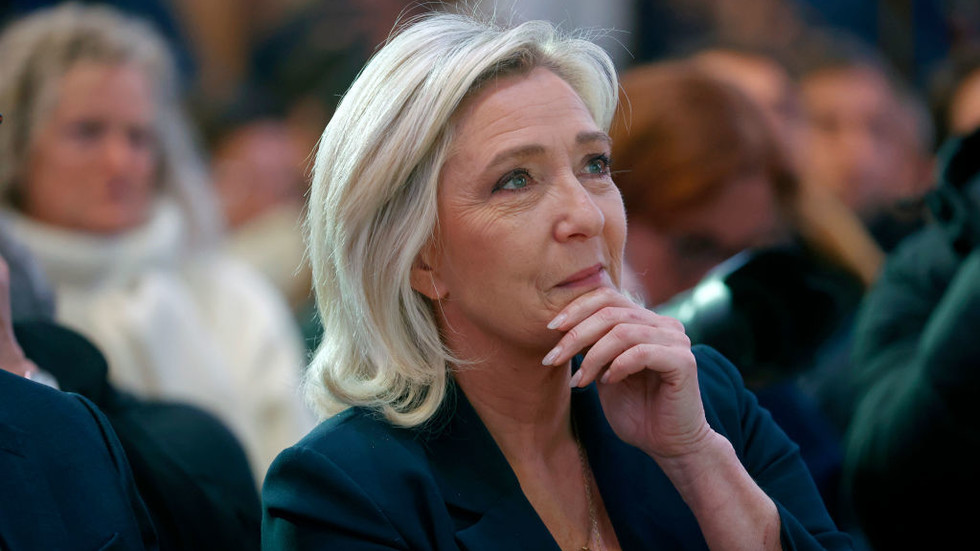
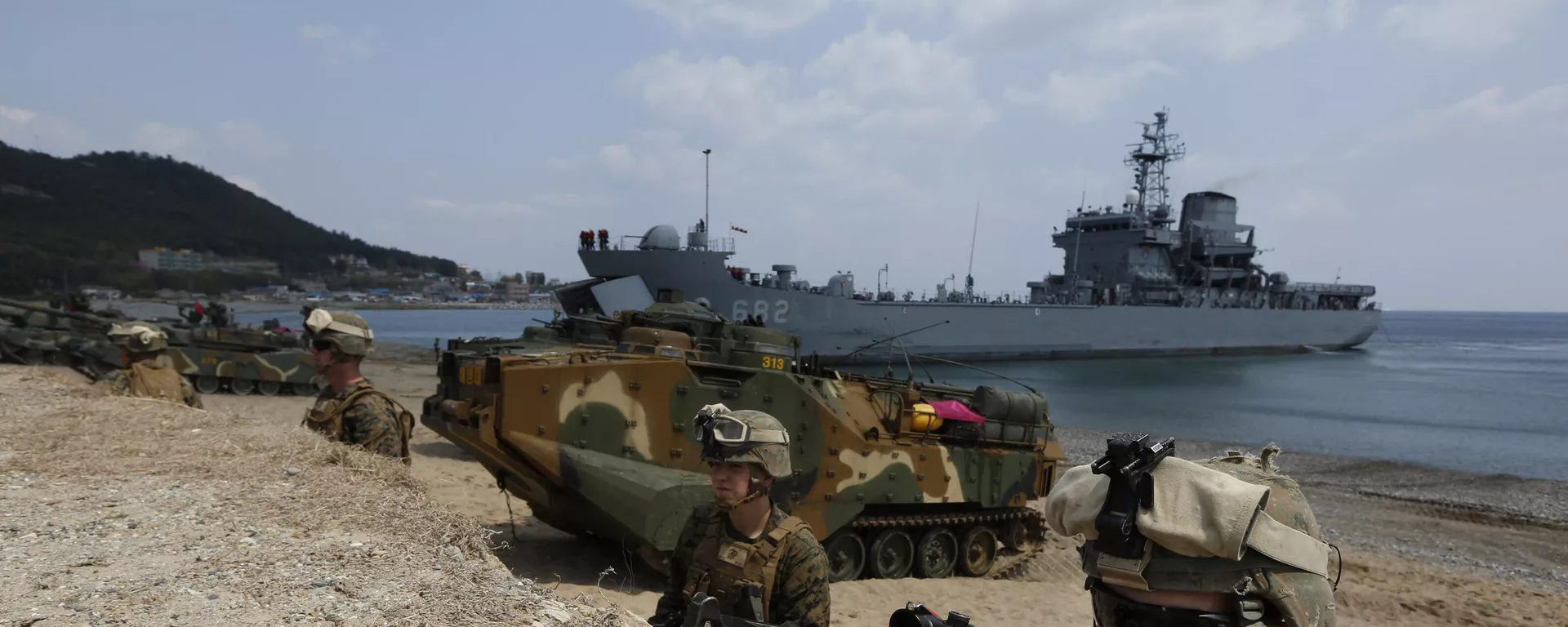
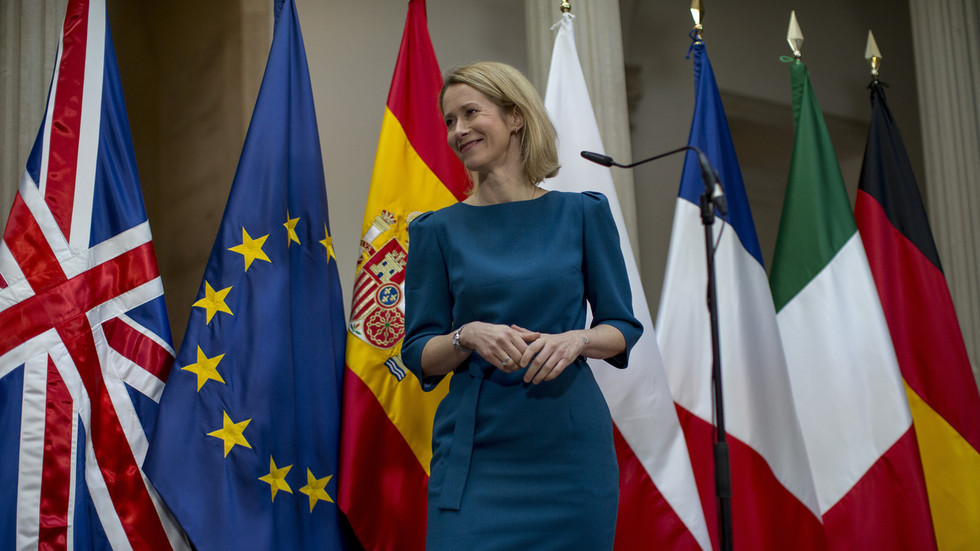
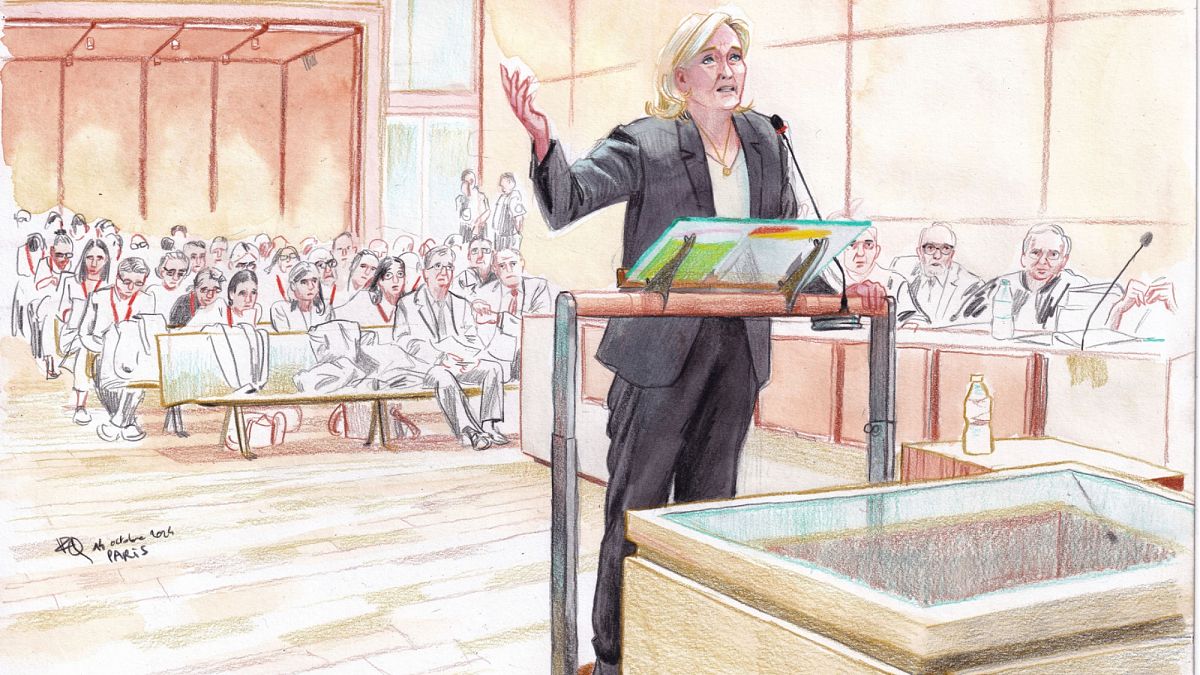
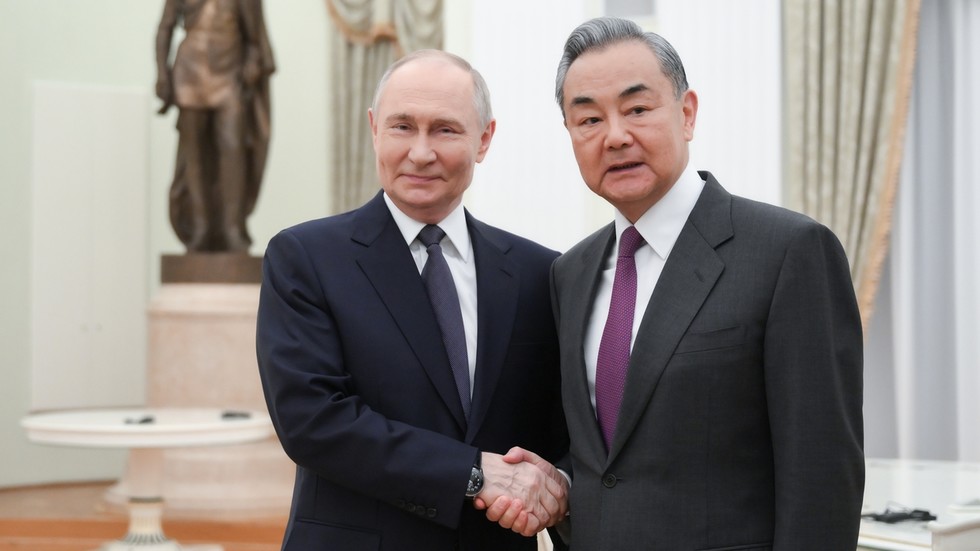

 We deliver critical software at unparalleled value and speed to help your business thrive
We deliver critical software at unparalleled value and speed to help your business thrive






 English (US) ·
English (US) ·